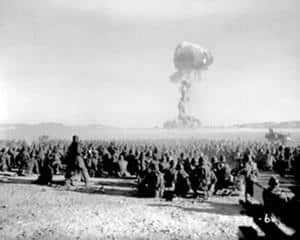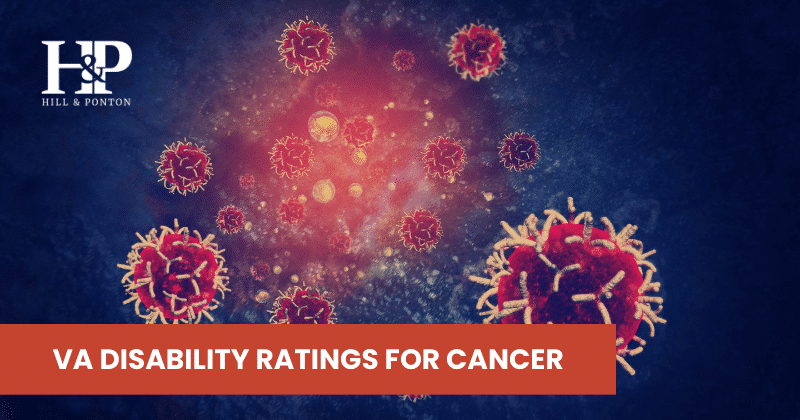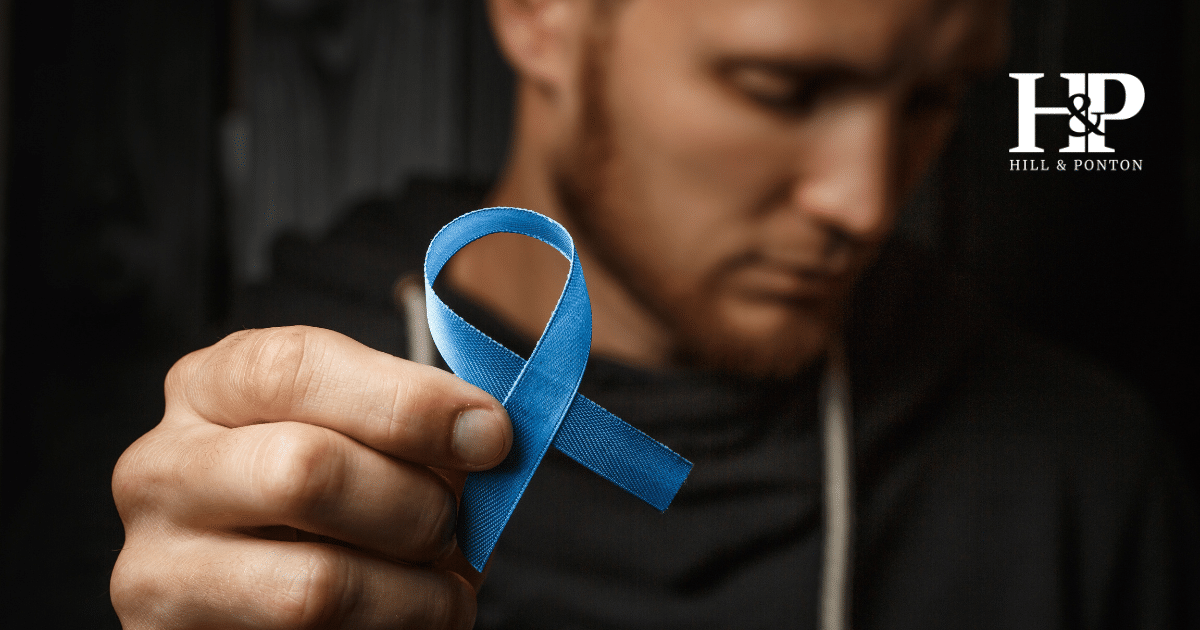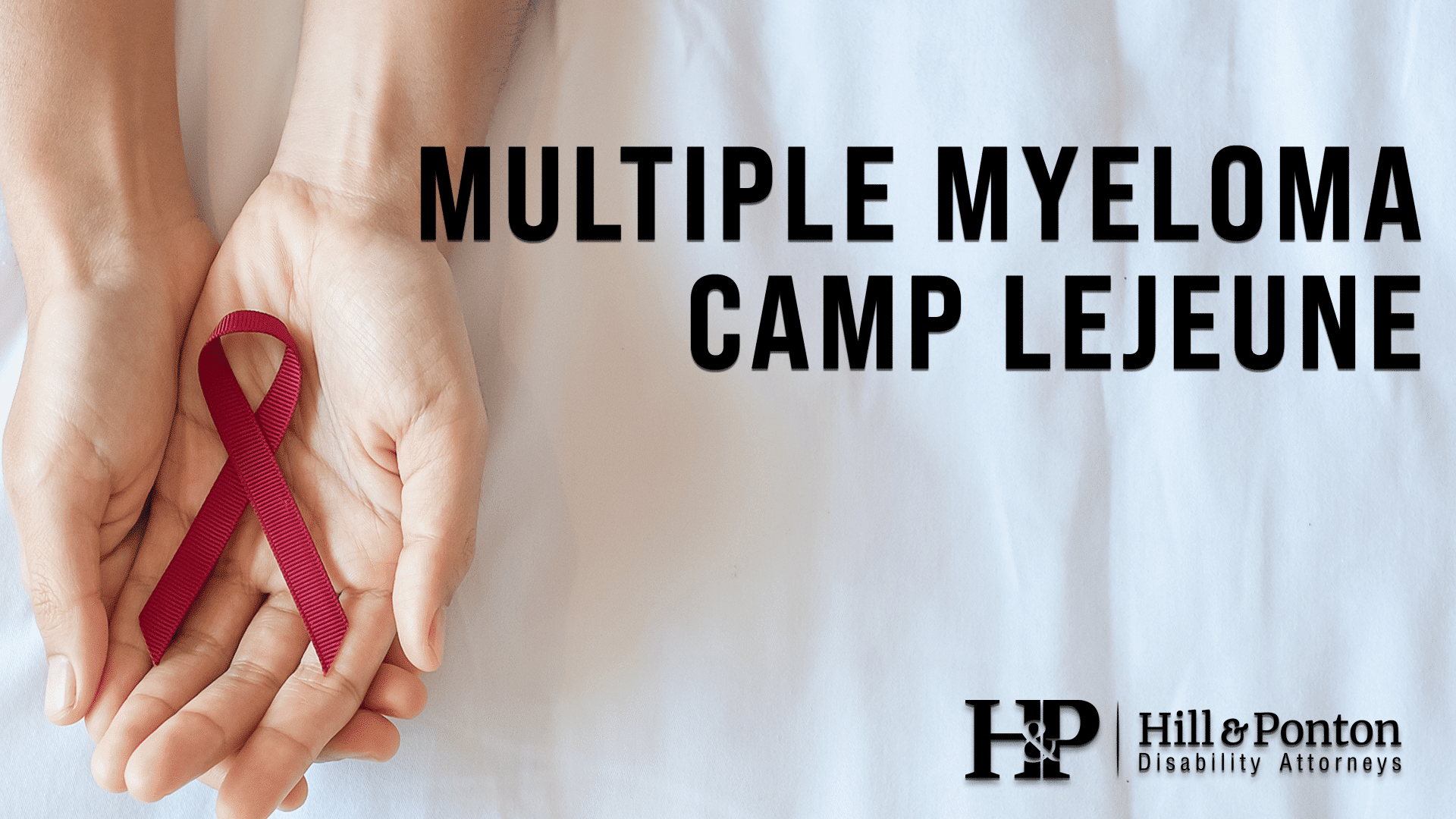Atomic Vets are defined by the VA as veterans who participated in specific events that exposed them to radiation. These events include:
- Aboveground nuclear testing between 1945 and 1962;
- Occupation of areas in and/or around Hiroshima or Nagasaki before August 1946; or
- POWs who were held in or near Hiroshima or Nagasaki (specific cases).

Most radiation survivors claiming this through veterans affairs will be those who fit into the first category: those involved in aboveground atmospheric nuclear testing during world war ii between 1945 and 1962.
First, many of these military personnel physically present were told that they could not discuss their involvement in atmospheric nuclear tests activities because it was classified information, and therefore have never filed a claim.
In 1996, the U.S. Congress passes the Repeal of Nuclear Radiation and Secrecy Agreements and instituted the radiation exposure compensation act.
This law stated that any veteran involved in atmospheric nuclear test activities was free to discuss their military involvement in order to establish the validity of service connection for any health conditions that may have arisen due to their potential exposures. Unfortunately, many veterans died before this act was passed or without knowing it was enacted.
There are also many atomic veterans who have been exposed to radiation who are not classified as Atomic Vets by the VA system. These veterans, such as those who worked at cleanup sites at Enewetak Atoll in the 1970s or uranium miners are not eligible under the current criteria but can still file claims for compensation.
There are numerous agencies fighting for these veterans to be included in the category of Atomic Vets and be awarded the access to presumptive benefits as is their due.
What Conditions are Presumptive?
Conditions that are presumptive to an Atomic Veteran are the following 21 cancers:
- Leukemia (except chronic lymphocytic leukemia);
- Cancer of the thyroid
- Breast cancer
- Pharynx cancer
- Esophageal cancer
- Stomach cancer
- Small intestine cancer
- Pancreas cancer
- Cancer of the bile ducts
- Gallbladder cancer
- Cancer of the salivary glands
- Urinary tract cancer (kidneys, renal pelvis, ureter, urinary bladder, and urethra)
- Bone cancer
- Brain cancer
- Colon cancer
- Lung cancer
- Lymphomas (other than Hodgkin’s disease)
- Multiple myeloma
- Primary liver cancer
- Bronchia-alveolar carcinoma
Veterans can also apply for compensation for non-presumptive cancers or conditions and the VA will consider additional factors when determining entitlement for compensation based on exposure. This includes some nonmalignant conditions such as thyroid nodular disease, posterior subcapsular cataracts, and parathyroid adenoma.

Eligible veterans exposed to radiation should register with the VA’s Ionizing Radiation Registry, started by the National Association of Atomic Veterans, and complete a health exam. This will get the veteran into the VA’s system, hopefully allowing for more conditions to be included for the presumption in the future. Any veteran listed as an Atomic vet, as well as:
- any veteran who participated in any on-site, atmospheric testing in any nation,
- any veteran who received nasopharyngeal (NP) – nose and throat – radium irradiation treatment while active duty; or
-
any veteran involved in the following “radiation risk” activities:
- Department of Energy gaseous diffusion plants at Paducah, KY; Portsmouth OH, or the K25 area at Oak Ridge, TN for at least 250 days before February 1, 1992, under certain conditions, or
- Proximity to “Longshot,” “Milrow,” or “Cannikin” underground nuclear tests at Amchitka Island, AK before January 1, 1974.
- Proximity to the pacific test sites or the Nevada test site
- Those part of the nuclear weapons program,
- Those participating in an atmospheric nuclear detonation, nuclear weapons tests, nuclear test personnel review, other official government installation, or other official government-created radiation exposure program
While this registry exam will not confirm radiation exposure, it will serve to identify potential health conditions singled out by the United States Government as related to exposure and help the VA to understand potential health effects and, possibly, identify new presumptive conditions.
How Do I Prove My Claim under the Radiation Exposure Compensation Program?
To prove a claim as an Atomic Vet, first, there must be records of where and when you served in the nuclear event. This can include a DD-214; dated service records or medical treatment records stamped with the name of the base, and copies of letters you received or sent with the address on them.
Because some veterans’ service records have been lost or destroyed, veteran newsgroups are a good way to find others who served in the same place at the same time who can write buddy statements for each other to corroborate their presence.
A veteran must also have a valid diagnosis to file a claim. If the veteran can show the diagnosis of a presumptive condition and presence at the event location, then no other proof is required.
The VA will then schedule an exam to determine the level of rating for the condition. If the condition is a non-presumptive condition, a nexus statement will be required to link the condition to the radiation exposure. This can be as simple as your treating physician writing a statement and quoting literature that shows a potential link between the exposure and the condition.
Surviving spouses and qualifying children and any family members who believe that a veteran’s cause of death was due to exposure to radiation during military service can also file claims for compensation.
Dependency and Indemnity Claims can include a monthly compensation, death pension, accrued benefits, and/or burial benefits. There is no time limit to file for DIC but it does help to file within a year of the veteran’s death. If the veteran already had a pending claim that had not been rated, the surviving spouse can continue the claim with proper paperwork. Check with a VSO or representative for assistance.
As with any VA claim, check your documentation and review our blog on common mistakes made when filing a claim to ensure you file as complete of a claim as possible. You can also reach out to The National Cancer Benefits Center for Assistance. The National Cancer Benefits helps veterans exposed to radiation get the compensation they deserve.



